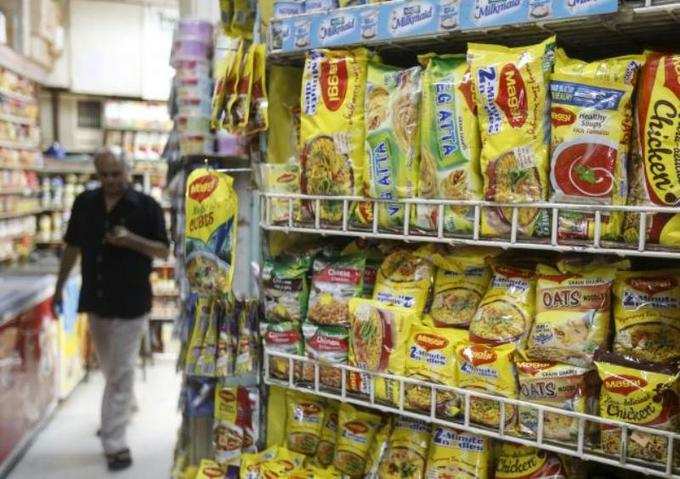
Nestle’s famed instant noodles Maggi needs no introduction. It has been the apple of the eyes for the insomniac souls that get hungry in the middle of the night. As claimed by the company, a platter of steaming and sizzling noodles would be ready in 2 minutes. School kids, working mothers and whoever found Maggi to be the most delicious mid meal snack were quietly depressed after the ban on Maggi was activated across the country for its alleged over-content of lead.
Now there’s a sigh of relief. The Bombay High Court has struck down the ban on Maggi noodles. However, Nestle wouldn’t be fully happy with the court’s decision as Maggi can’t be back to the market right away. The court’s verdict includes a series of tests for the next 6 weeks after which the court will study the test reports and take the final call.
A division bench of the Bombay High Court comprising Justices VM Kanade and BP Colabawalla ruled that the Food Safety and Standards Authority of India (FSSAI) hadn't given the company enough opportunity to present its stand, which was a violation of natural justice. The food regulator is considering an appeal against the ruling in the Supreme Court, according to sources.
"The writ petition has been allowed and both ban orders (by the FSSAI and the Maharashtra state regulator) have been set aside," the company told the stock exchanges soon after the court order. "Manufacture and sale of Maggi noodle is subject to certain conditions which will be informed after the judgement is received," it said.
Food Processing Minister Harsimrat Kaur Badal, who was worried about India’s image among international corporate after Maggi row, has and said this would shed much-needed clarity on an issue that had hurt India's image internationally, particularly after several countries that have much more stringent norms found the Nestle product safe.
The court said any nationwide ban by FSSAI needed to be justified by the regulator. The division bench also showed that no show-cause notice was issued before the ban and neither were samples tested at accredited laboratories, raising doubts over the results.
"We are very concerned with the public health and safety and hence those three laboratories will check, whether the lead content is within the permissible limits and will give its report to FSSAI within six weeks," the bench said. "If the lead content is within the permissible limit of 2.5 ppm (parts per million), only then the company will be allowed to sell the product in the market."
FSSAI's primary argument had been that out of 72 samples collected, 30 contained lead above permissible limits and it therefore banned the product on June 5. It also said the company had misled consumers on monosodium glutamate content by printing 'No added MSG' on the pack. Nestle India had approached the Bombay High Court on June 12. It told the court the ban was "illegal, arbitrary and unconstitutional" and in violation of the principles of natural justice, since it had not been given a proper hearing.
The ruling won't stop the consumer affairs ministry from pursuing its case against Nestle in the National Consumer Disputes Redressal Commission (NCDRC), seeking damages of Rs 639.95 crore from the Swiss giant for selling a "defective and hazardous" product.
The Bombay High Court order has "struck a fine balance in giving due importance to consumer interest, health concerns and public interest at large", said Advait Sethna, one of the counsel for the Union government in the case. "The company can manufacture and sell the products only after the satisfactory test results. The court has ensured that the health concerns of the consumer remains the prime consideration and can't be compromised at all." Pallave Shroff of Shardul Amarchand Mangaldas (SAM) and litigation partner Ameya Gokhale, representing Nestle India in the matter refused to comment citing client confidentiality.
